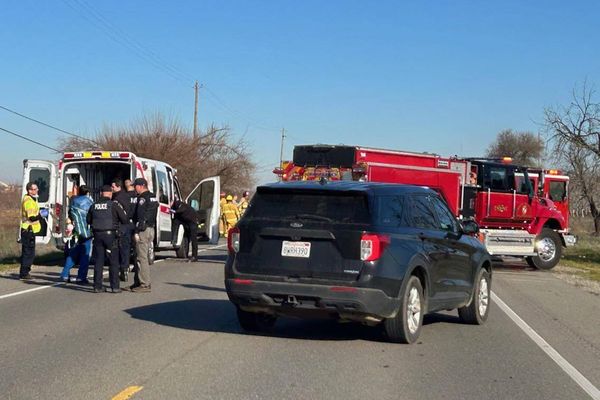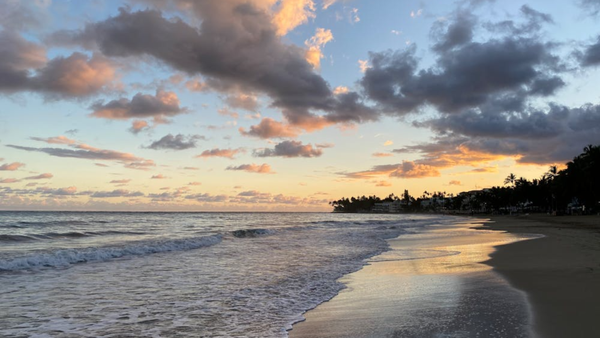
Turkish President Recep Tayyip Erdogan said on Saturday his country had achieved victory after Kurdish rebels destroyed their weapons, ending their decades-long armed struggle against Ankara.
Friday's symbolic weapons destruction ceremony in Iraqi Kurdistan marked a major step in the transition of the Kurdistan Workers' Party (PKK) from armed insurgency to democratic politics -- part of a broader effort to end one of the region's longest-running conflicts.
"Turkey has won. Eighty-six million citizens have won," Erdogan said. "We know what we are doing. Nobody needs to worry or ask questions. We are doing all this for Turkey, for our future".
Armed struggle
Thirty PKK fighters destroyed their weapons at a symbolic ceremony in Iraqi Kurdistan on Friday, two months after the Kurdish rebels ended their decades-long armed struggle against the Turkish state.
Analysts say that with the PKK weakened and the Kurdish public exhausted by decades of violence, Turkey's peace offer handed its jailed founder Abdullah Ocalan a chance to make the long-desired switch away from armed struggle.
The PKK's disarmament also grants President Recep Tayyip Erdogan the distinction of being the Turkish leader who managed to draw a line under a conflict that has cost more than 40,000 lives and wrought havoc in Turkey and beyond.
Outside the ancient cave of Casene, a group of 30 PKK fighters, men and women, gathered on a stage in khaki fatigues, their faces uncovered, in front of an audience of around 300 people, an AFP correspondent reported.
PKK ends 40-year fight but doubts remain about the next steps
One by one, they walked down to lay their weapons in a cauldron in which a fire was lit. Most were rifles but there was one machine gun and a rocket-propelled grenade launcher.
As they looked on, people in the crowd started cheering while others could be heard weeping.
After the ceremony, the fighters returned to the mountains, a PKK commander said.
France's foreign ministry said it welcomed Friday's ceremony, adding it hoped the PKK's dissolution would "be effective and verifiable", bring an end to the violence, and "give rise to an inclusive political process".
Dissolution
The PKK was formed in 1978 by Ankara University students, with the ultimate goal of achieving the Kurds' liberation through armed struggle.
It took up arms in 1984, beginning a string of bloody attacks on Turkish soil.
But more than four decades on, the PKK in May announced its dissolution and said it would pursue a democratic struggle to defend the rights of the Kurdish minority in line with a historic call by their leader, Abdullah Ocalan, who is in a Turkish jail since 1999.

Earlier this week, Ocalan said the disarmament process would be "implemented swiftly".
In recent months, the PKK has taken several historic steps, starting with a ceasefire and culminating in its formal dissolution announced on May 12.
The shift followed a historic appeal at the end of February by Ocalan, 76, who has spent the past 26 years behind bars.
(With newswires)







